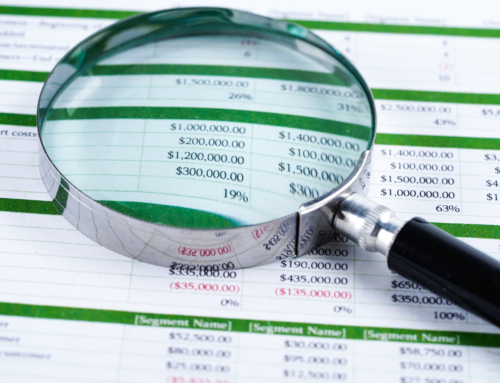Nowadays, data drives everything — including the very buildings in which companies operate. If your business is considering upgrading its current facility or moving to or constructing a new one, it’s important to be aware of smart buildings.
A smart building is equipped with various sensors that gather and track information about the structure’s energy usage and performance. With this data, the owners can better regulate the building’s energy consumption and save money.
Has this been the case in real life? The 2018 Forbes Insights/Intel survey results seem to indicate so. Of the 211 business leaders from around the world who responded, 66% answered affirmatively when asked whether smart building management technologies have produced a return on investment.
Smart Buildings and Current Technologies
The name of the game with smart buildings is integration. Traditional building management and control systems don’t easily converge with today’s technology-driven and Internet-connected infrastructure. (This infrastructure is often referred to as “the Internet of Things.”) Sensor-collected data, however, flows directly to the management and control system of a building to automate everything from HVAC to lighting to security features.
Smart technology isn’t limited to new construction. When real estate developers renovate commercial space, it’s increasingly retrofitted with smart technology. By the same token, many large companies have renovated their own buildings to install data-gathering sensors. Doing so is expensive but may be worthwhile if your business owns facilities in a prime location and doesn’t want to move.
At the same time, don’t assume every building will be completely automated. For example, some facilities find that manual control of lighting and ventilation systems remains more effective in the health care sector because high traffic volume hampers computerized efforts to regulate energy usage.
Criteria to Consider for your Smart Building
The primary advantage of smart technology is simple: over time, you should save money on energy costs by more accurately tracking and regulating usage — dollars that you can redirect toward more profitable activities. Any property you buy must still fit a sensible budget and fulfill other functional criteria, such as being “right-sized” to your on-site workforce and perhaps coming with tax incentives.
When leasing, you’ll need to get specifics from the owner regarding the smart building in question. Was it built new with sensors or retrofitted? Are the sensors and data-processing equipment themselves up to date? You’ll also need to research local energy costs to ensure that the property owner passes along the savings to you under a reasonable lease agreement.
Smart Buildings are Here to Stay
Just as auto manufacturers no longer make cars without built-in computers, developers and contractors generally aren’t constructing buildings without smart technology. Bear this in mind as you shop for space.
Whether you’re looking to lease, buy or build, we can help you weigh the pertinent factors and make the right decision. Contact Abacus CPAs to make sure you are pointed in the right direction.
© 2019










